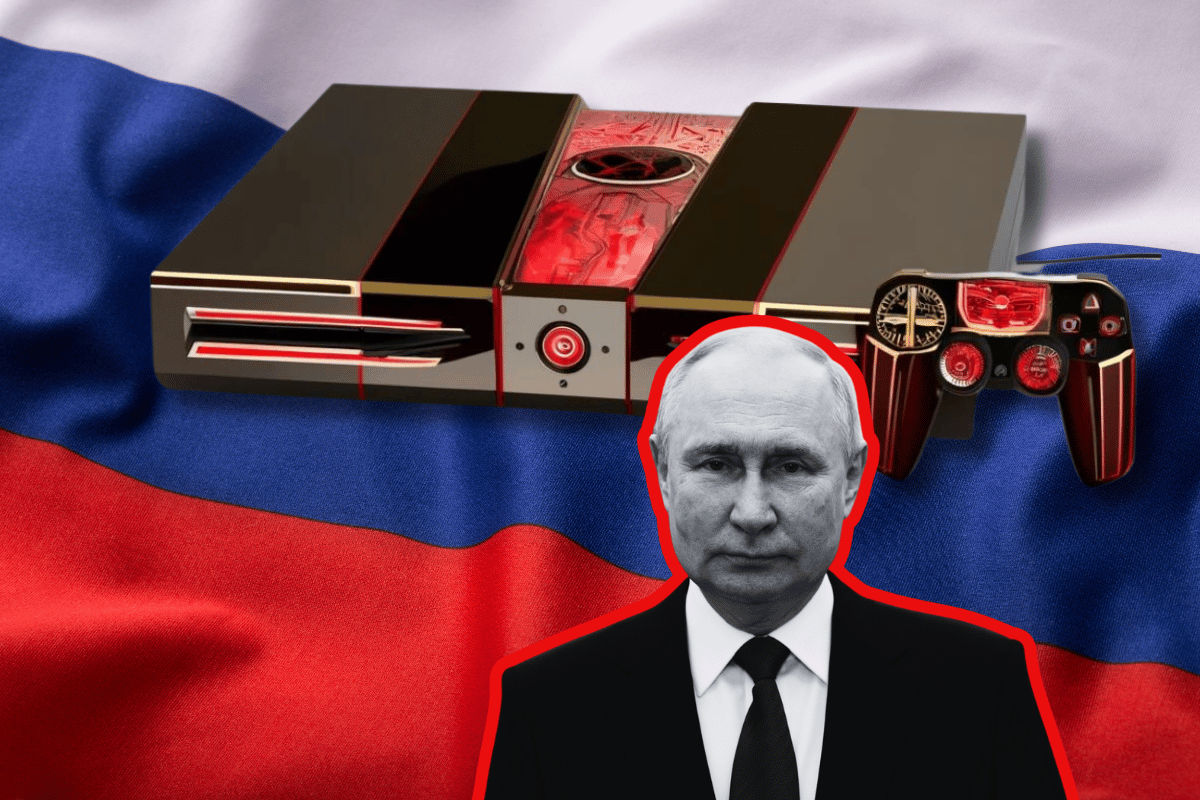Russian President Vladimir Putin has reportedly urged his government to develop video game consoles that can compete with the likes of PlayStation and Xbox.
According to the state media agency Kommersant, the Kremlin has ordered the development of new console hardware, including portable devices, with a deadline of June 15. Putin has also directed the exploration and development of “an operating system and a cloud system” for delivering games and programs to users.
This is not the first time that the issue of creating and producing game consoles and set-top boxes in the Russian Federation has been raised. In 2022, the government discussed measures to support the video game industry through 2030, calling for the establishment of a state-controlled developer and publisher, which would require an investment of up to $50 billion.
In 2023, he also ordered the creation of an esports tournament featuring various games from Russia and its allied nations, such as World of Tanks and League of Legends.
Russian gaming industry
Russia is no stranger to the gaming world, as the bestselling video game Tetris was created in 1985 by Soviet software engineer Alexey Pajitnov. The Game Boy version ranks among the best-selling games of all time, with more than 35 million copies sold. Available on over 65 platforms, Tetris has set a Guinness World Record for the most ported video game.
Although the Russian video gaming industry isn’t a major force internationally, it boasts the largest player base in Europe, with an estimated 65.2 million players nationwide as of 2018. In 2001, Russia became the first country in the world to officially recognize competitive video gaming as a sport. Russia’s largest publisher, 1C, is the developer behind the IL-2 Sturmovik series and Theatre of War series.
Vladimir Goryachev, a journalist at the Russian gaming forum Riot Pixels, has stated that he finds it “strange” that the government had to issue an order despite the presence of “many wealthy companies.” However, he added that while there is a large market and appetite for gaming, the technical skills required were lacking.
The plan comes after every major video game company in the world stopped selling its games and hardware in the country, in protest at their invasion of Ukraine.
Featured image: Canva/ Presidential Executive Office of Russia

